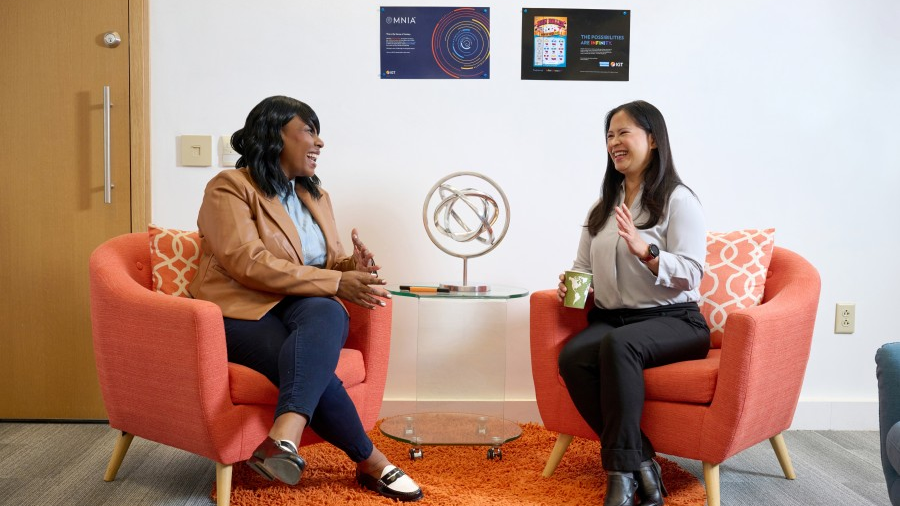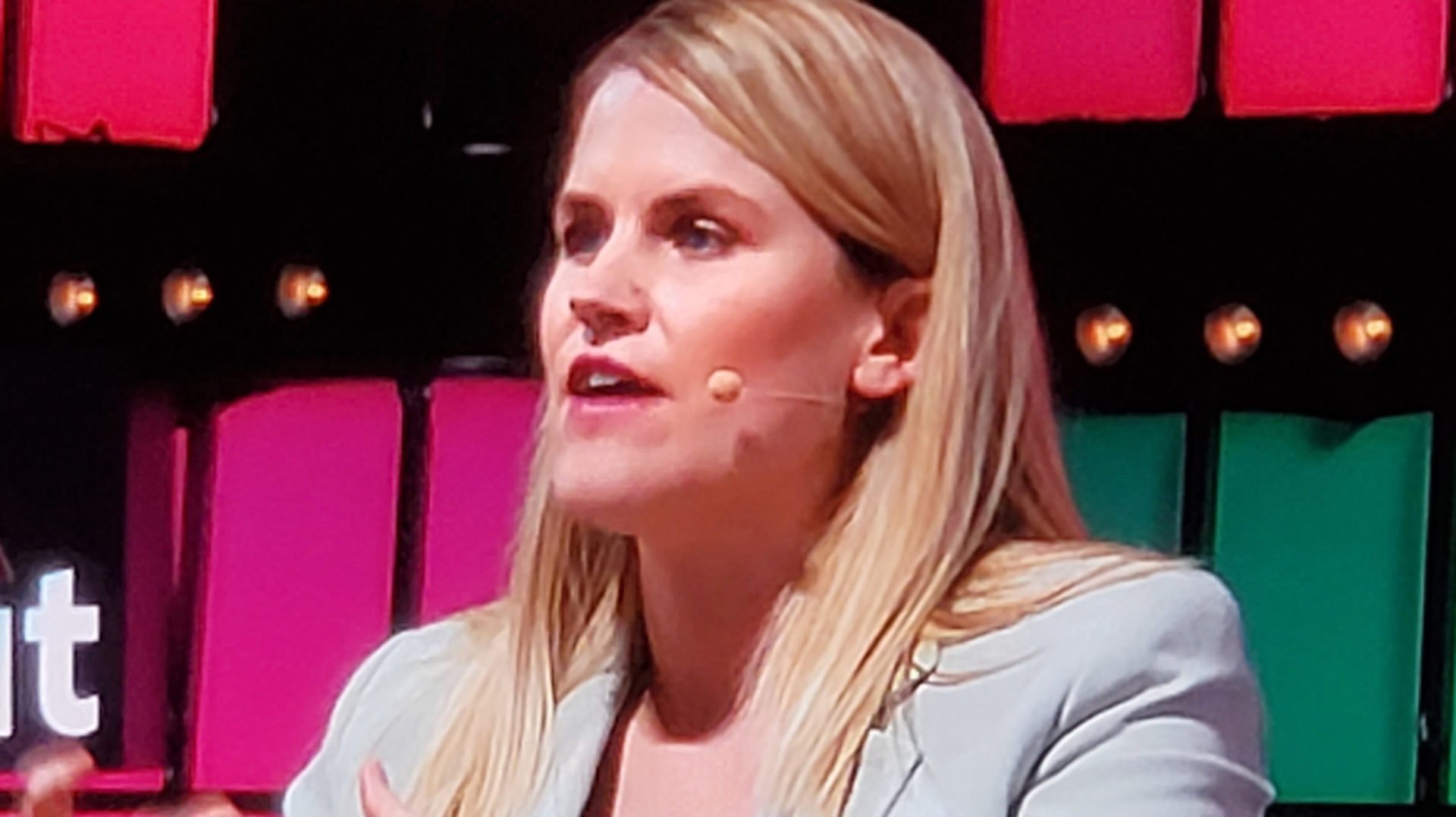The year ended in a flurry of heartfelt mea culpas and welcome I told you so’s from tech industry veterans, a byproduct of the tech backlash that characterized the second half of 2017.

A handful of influential insiders shared their worries over the internet giants. There was former Facebook President Sean Parker: Facebook, he said, “literally changes your relationship with society, with each other…God only knows what it’s doing to our children’s brains.” And Roger McNamee, an early investor in both Facebook and Google, said at Techonomy 2017 that both platforms have “destroyed Western civilization.” Then there was former Facebook executive Chamath Palihapitiya, who said: “The short-term, dopamine-driven feedback loops that we have created are destroying how society works.” That got people’s attention—even those at Facebook itself, who apparently convinced him to later walk it back a little.
Separately, digital advertising pioneer and angel investor Rick Webb asked some probing questions about the core beliefs underpinning the thinking at so many internet companies: “What if we were never meant to be a global species? What if Zuck’s wrong when he says ‘Our greatest opportunities are now global.’? What if information doesn’t want to be free?” Webb’s regrets were echoed by Susan Wu, an early investor in Twitter, who wrote that rather than a force for good, Twitter has become a “thunderously divisive tool weaponized by the leader of the free world.”
To which I say, apology accepted. Now what?
The backlash against the tech giants should not be a shock to anybody who has been paying attention. The world has shifted while Silicon Valley, the tech giants, and startup culture in general have not. In the face of deeply eroded consumer trust, the central driver of startup culture remains fast growth at any cost. We’ve seen the unintended—and often predictable—consequences of this approach: a degradation of privacy, security, and the integrity of information.
At the core of all this sits the evolving and fraught relationship between people and machines. Social media puts us at a tipping point, a moment when control seems to be visibly shifting to machines, even as people generally have little understanding of the forces at play or the risks they are facing.
Today’s social media platforms may be a lost cause. Their excesses have so eroded consumer confidence that they may be on their way to destroying themselves. If this sounds extreme, remember that we’ve seen plenty of big companies shrink, disappear, or lose their relevance in the past—and the world has kept turning. At the very least, they have drawn the attention of policymakers, first in Europe and now in the United States, who are starting to ask questions that could lead to regulating the companies’ practices and possibly restricting their growth.
Still, the next generation of technology is already deep into development, with hundreds of millions of dollars going into AI, blockchain, cryptocurrencies, and the Internet of Things. The risks here will be even greater than the risks we’ve seen exploited so far by social media.
So, what have we learned? Where are the ethicists working on AI? Who is thinking about the unintended consequences of blockchain? Who is looking out for consumer privacy in IoT? Who is responsible for protecting information flows across cryptocurrency? What is the role of government? How much are we consumers willing to trade off in order to gain a modicum of convenience?
Over the course of the coming year, Techonomy will be taking a close look at these issues, on our site, in our print publication, and at our events. We remain tech advocates, but we come to the role with our eyes wide open. And we encourage you to join the discussion. Techonomy is a platform for diverse points of view. Share yours. We are looking for strong opinions, perspectives that question the conventional wisdom. If you’d like to write a post for Techonomy, share your ideas here: [email protected]
Mea Culpas, the Tech Backlash,
and You
The year ended in a flurry of heartfelt mea culpas and welcome I told you so ’s from tech industry veterans, a byproduct of the tech backlash that characterized the second half of 2017.
To which I say, apology accepted. Now what?















